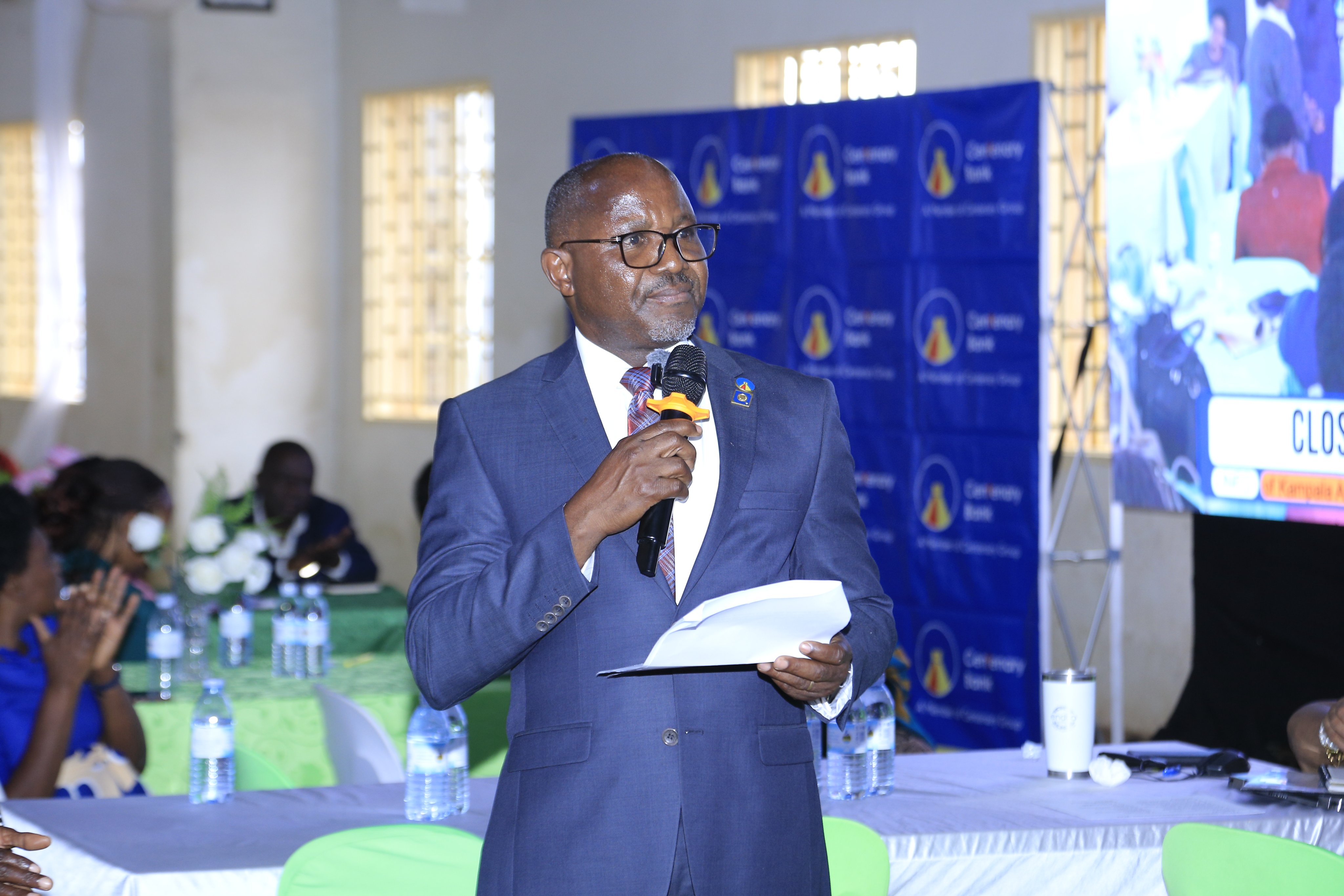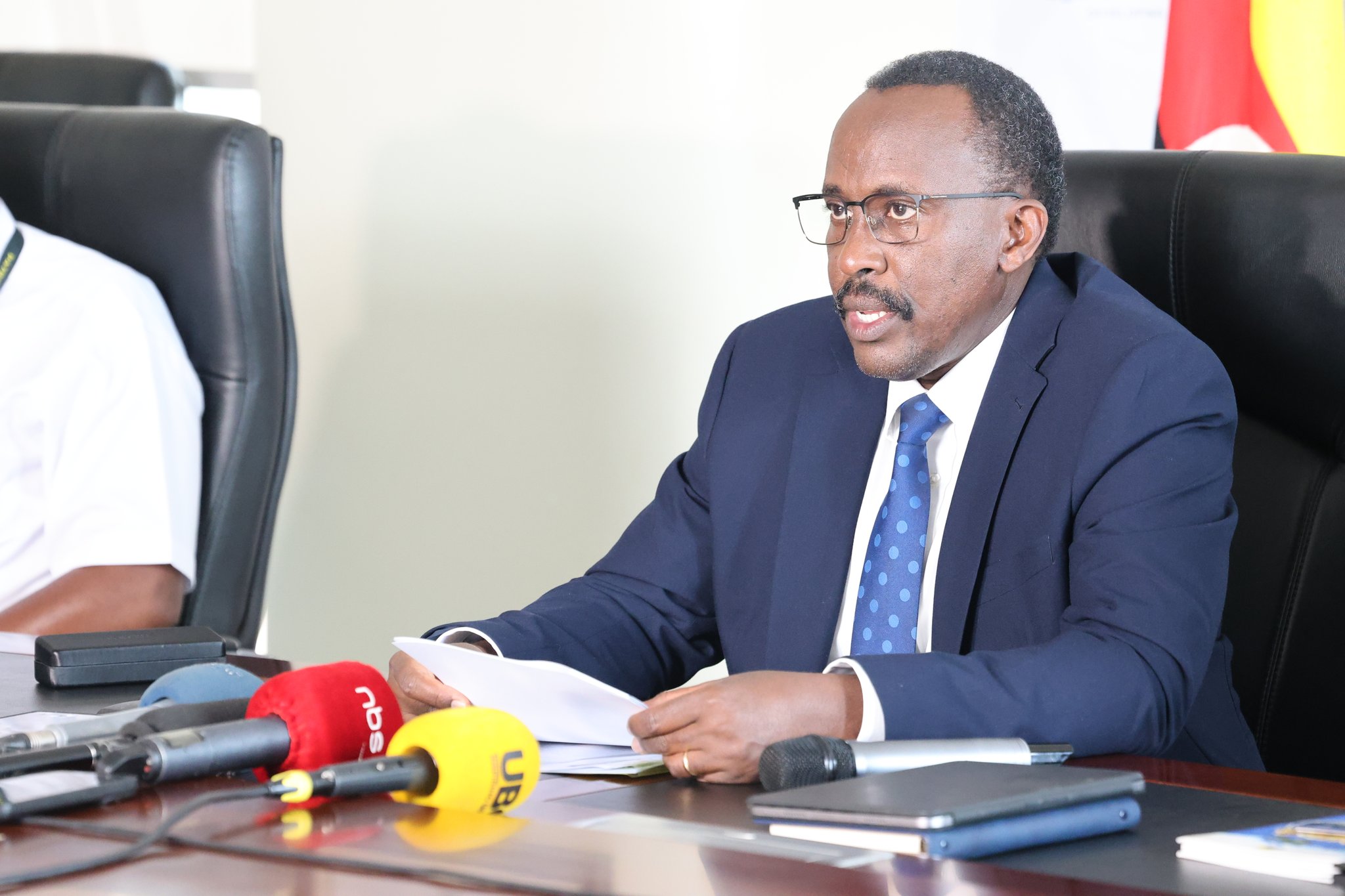Gov’t tightens belt: Uganda’s 2025/26 budget slashed by Shs14.7 trillion
A significant portion of the budget—Shs7.934 trillion—will go towards government staff salaries, while Shs12.100 trillion is allocated for non-wage expenditures like utilities, rent, and office supplies.

The Ministry of Finance has released the First Budget Call Circular for Uganda’s 2025/26 fiscal year, revealing a significant reduction in the national budget from Shs72.136 trillion to Shs57.441 trillion.
This marks a sharp cut of Shs14.7 trillion compared to the 2024/25 budget.
According to Secretary to Treasury Ramathan Ggoobi, Uganda Revenue Authority (URA) is expected to increase revenue collection to Shs33.182 trillion, up from the previous Shs31.982 trillion in 2024/25. Despite this, the overall budget has shrunk, emphasizing the government’s focus on critical sectors and cost-saving measures.
The projected budget will be sourced through domestic revenue (Shs33.182 trillion), petroleum funds (Shs500 billion), budget support (Shs30 billion), domestic borrowing (Shs4.011 trillion), project support (Shs12.812 trillion), domestic refinancing (Shs6.612 trillion), and local revenue for local governments (Shs293 billion).
A significant portion of the budget—Shs7.934 trillion—will go towards government staff salaries, while Shs12.100 trillion is allocated for non-wage expenditures like utilities, rent, and office supplies. However, only Shs4.211 trillion will be directed towards critical development projects.
Human capital development, including education and health, will receive the highest allocation of Shs9.394 trillion, followed by governance and security (Shs7.634 trillion) and integrated transport infrastructure (Shs6.354 trillion). On the lower end, sectors like mineral development (Shs25.55 billion) and mindset change (Shs36.75 billion) will see minimal funding.
The budget also reflects a significant increase in external debt repayment, rising from Shs3.149 trillion to Shs4.011 trillion, an increase of Shs882.5 billion.
The theme for the 2025/26 budget, “Full Monetization of Uganda’s Economy through Commercial Agriculture, Industrialization, Expanding and Broadening Services, Digital Transformation, and Market Access,” highlights the government’s focus on driving economic growth through key sectors. The Ministry of Finance aims to achieve an average annual growth rate of over 8% in the medium term, with projections for double-digit growth following the commercial production of oil and gas.
Ggoobi urged all Accounting Officers to prioritize resources for critical interventions, warning against spreading funds thinly across non-essential activities. “Resources should be consolidated and directed towards interventions that provide the highest multiplier effect and generate more public value,” he emphasized.
Additionally, the circular directed government agencies to allocate budget funds for replacing number plates with digital ones for all government vehicles, as part of the Intelligent Transport Management System (ITMS) project aimed at improving road safety and security.
As the 7th November 2024 deadline for budget submissions looms, Ggoobi emphasized the need to complete ongoing public projects before launching new ones, citing inefficiencies in previous budgets where resources were spread too thinly, leading to project delays.
The upcoming budget represents a crucial step in Uganda’s efforts to realign its financial priorities while preparing for future economic growth driven by oil and gas production.







